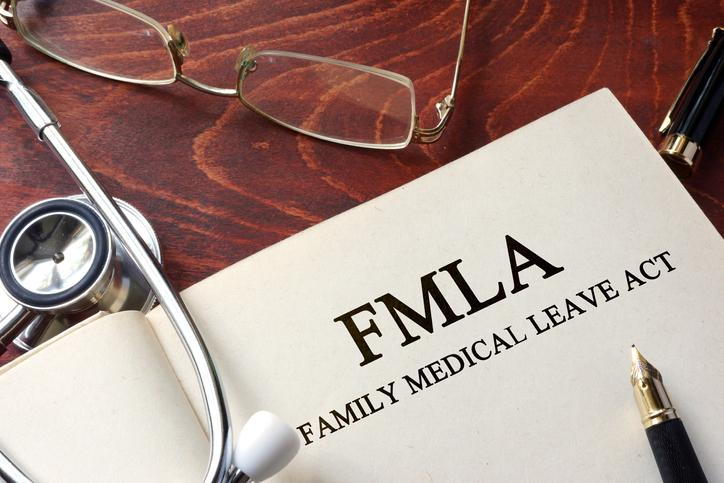
Court Allows Fired Worker to Bring FMLA Claim Against Both Companies in Joint Employment Arrangement
- posted: Mar. 21, 2024
- Employee Rights, Wrongful Termination
Complicated corporate structures often result in situations where one employee in one position is doing work for two or more separate employers. This raises the question as to which company is liable when the worker is fired as a result of discrimination, or whether the former employee can bring claim against both.
The District of New Jersey was faced with this circumstance in Duncan v. Kearfott, et al. Kearfott Corporation is a subsidiary of Astronautics Corporation of America. Starting in 2021, plaintiff Amy Duncan worked a senior human resources manager under executives such as Stephan Givant, who was vice president of finance for both Kearfott and Astronautics. Givant was just one employee whose duties involved both interrelated business entities.
Duncan received praise for her work and was even recommended to apply for a higher position when the job became vacant. Unfortunately, Duncan’s brother was diagnosed with Stage 3 blood cancer soon afterward, and she became his primary caretaker. She told Givant and others at Astronautics/Kearfott that she would be requesting intermittent leave under the Family and Medical Leave Act (FMLA) so she could assist her brother. At this point, Givant became hostile toward her and recommended that she look for another job.
Though she submitted her FMLA request to executives at both Astronautics and Kearfott, Duncan never received a response. Instead, she was told a few weeks later that her position was being eliminated. Duncan filed a suit based on the alleged FMLA violation against both entities, and Astronautics moved to be dismissed from the case, claiming that she was a Kearfott employee.
Astronautics’ motion was denied based on FMLA language that permits claims against both businesses when there are joint employers. Circumstances that support a finding of joint employment include the following:
Where there is an arrangement between employers to share an employee’s service or to interchange the employee;
Where one employer acts directly or indirectly in the interest of the other employer in relation to the employee;
Where the employers are not completely disassociated with respect to the employee’s employment and may be deemed to share control of the employee, directly or indirectly, because one employer controls, is controlled by, or is under common control with the other employer.
For the purposes of the summary judgment motion, the court found that joint employment as defined by FMLA could be found and permitted Duncan’s claim to proceed against the owner and subsidiary companies.
When an employment law case involves a complex business organization, identifying the proper defendant(s) can be difficult. The attorneys at Kardell Law Group can investigate the facts and take action against the proper parties.

